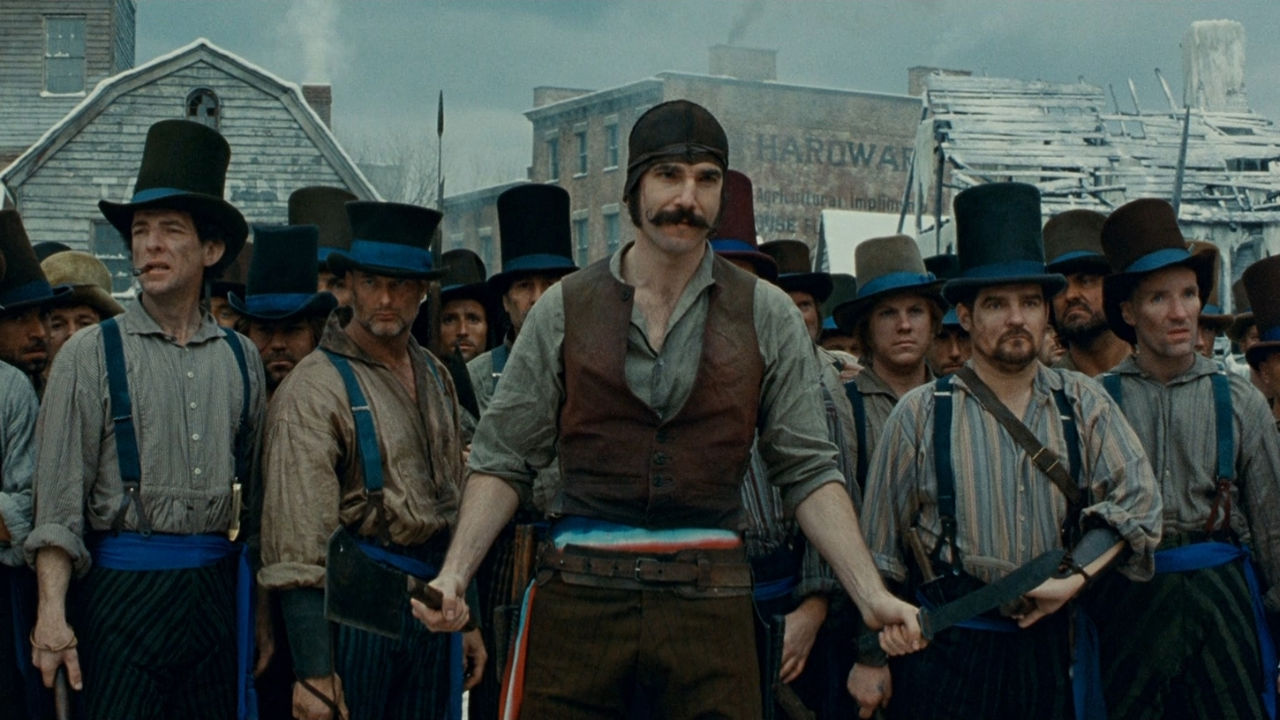
“Nowadays, young people, they don’t know who Jimmy Hoffa was. They don’t have a clue. I mean, maybe they know that he disappeared or something, but that’s about it. But back then, there wasn’t nobody in this country who didn’t know who Jimmy Hoffa was.”
The crime genre is a prolific one, with many masterpieces already on my list. Among crime film directors, Martin Scorsese (Taxi Driver, Goodfellas) is royalty. So when it was announced that Scorsese, now nearing the end of his career, would be making another crime epic with acting legends Al Pacino, Robert De Niro, and Joe Pesci (who came out of retirement for this film), film buffs collectively lost their shit. With Scorsese, Pacino, De Niro, and Pesci having so many great films to their names but nearing the end of their careers (and, let’s face it, nearing the end of their lives), this will probably be the last time we see this director and these actors put out a film like this. The Irishman is a fond farewell to those great crime films we grew up with and loved, and it’s fitting that it deals with aging career criminals coming to terms with their lives of crime and violence. We’ve seen great human depictions of criminals, most notably in The Godfather and its sequels, but there hasn’t been an in-depth look at what happens when these criminals start aging out of the systems they created. That’s a gap The Irishman fills, and it does a brilliant job of it.
Continue reading “The Irishman”




